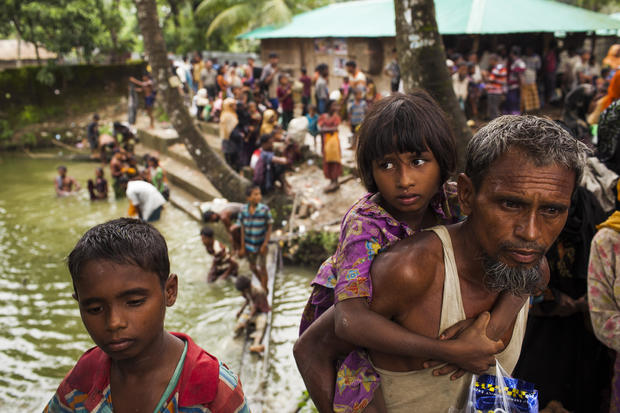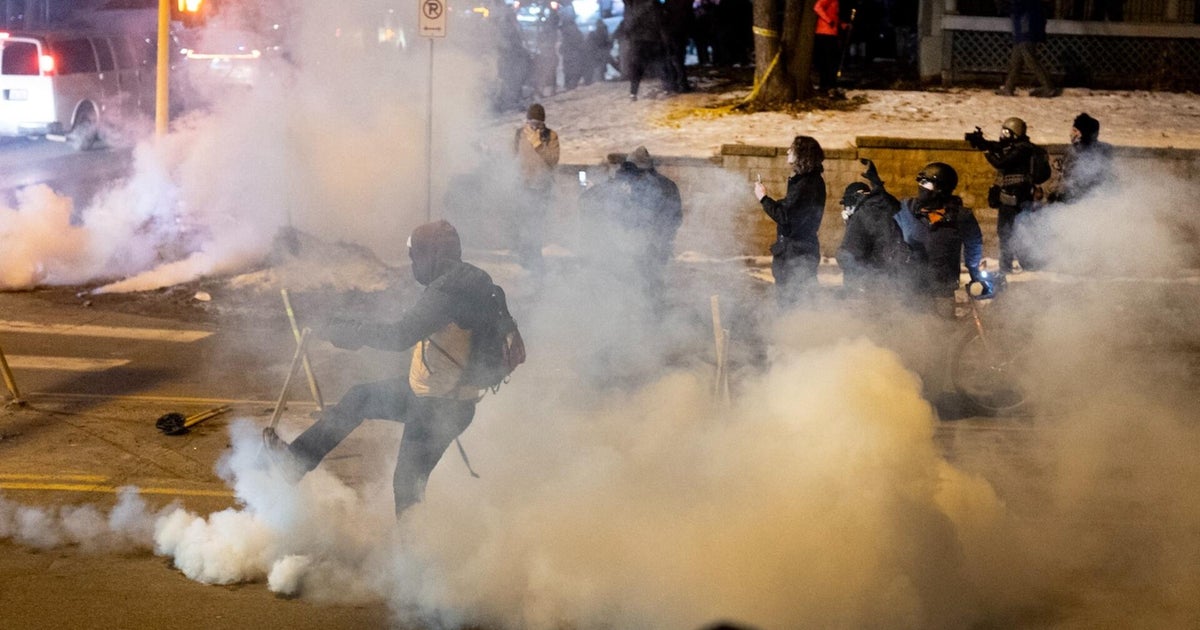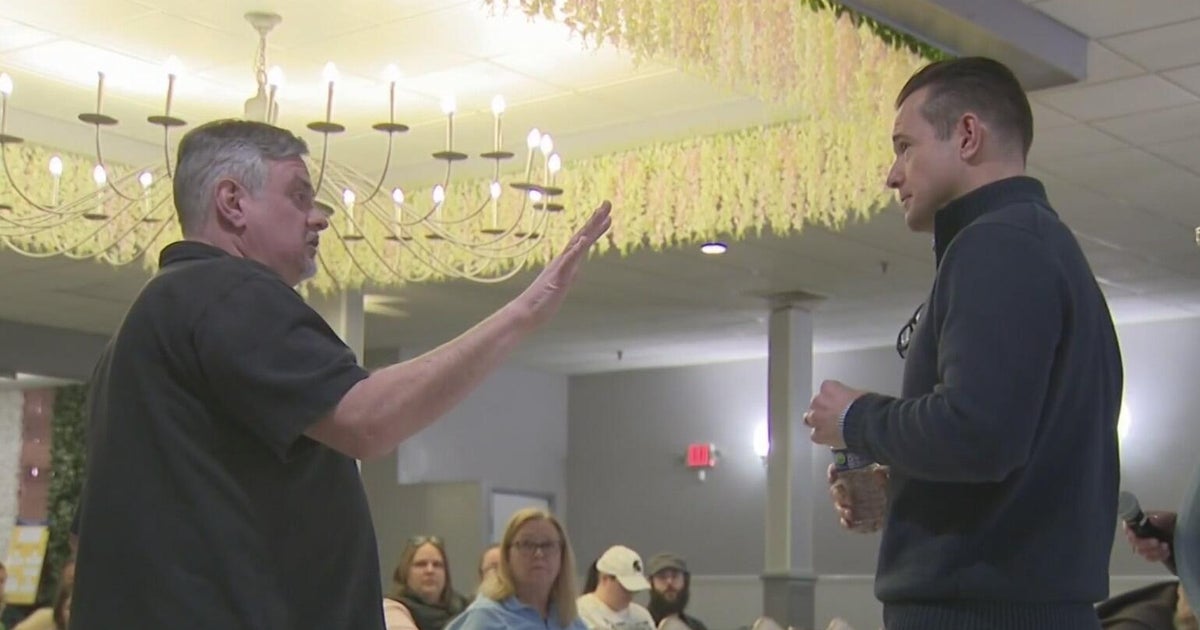"Technology is like a bomb": Social media weaponized in Myanmar's Rohingya crisis
The utopian dream of internet and social media pioneers — the idea that connecting millions of people in cyberspace would make the world a better place — has run into a darker reality as invisible armies of trolls, bots and propagandists use the technology to sway public opinion and poison debate.
Perhaps nowhere has that impact been more malign than in Myanmar, where social media has been weaponized against the vulnerable Rohingya minority as the regime carries out what one U.N. official calls "a textbook example of ethnic cleansing."
"Social media has been, I think, one of the most damaging aspects of this entire crisis," said David Mathieson, an independent analyst who's lived and worked in the region for years.
The Rohingya crisis began unfolding in August, when government forces launched a deadly offensive against the Muslim minority group, slaughtering men, women and children and burning hundreds of villages to the ground. The onslaught, following years of persecution, came after a Rohingya militant group attacked police and security posts, killing 12. Since then, nearly 700,000 Rohingya have fled their homes, most landing in a sprawling refugee camp across the border in Bangladesh.
"The government's main plan is… to carry out slow and steady genocide and to wipe out this minority, clearly," said Ro Aung Zaw (a pseudonym), a 30-year-old Rohingya refugee who is part of a clandestine network of citizen journalists working to evade government censors and smuggle news and video of atrocities to the outside world.
They're up against a powerful propaganda machine. The regime and its allies minimize and deny allegations of widespread human rights abuses; some even suggest the Rohingya burned their own villages. They "manipulate and use propaganda for long time. Propaganda is very dangerous," one Rohingya man told us.
Extreme Buddhist nationalists use Facebook to spread these virulent messages. The number of Facebook users in the country skyrocketed from about 2 million in 2014 to more than 30 million today, and mobile phones have become ubiquitous. But people's understanding of how these tools can be manipulated has not kept pace.
"I think people internationally need to realize that five years ago, it cost a couple hundred dollars to get a sim card. Not many people had phones. And so, what we've seen in the past three or four years is this country getting online, everyone having a cheap smartphone and access to Facebook. And so there's not the media literacy, there's not the kind of ability to understand this medium, and the limitations of online speech," Mathieson said.
Few people in Myanmar speak up for the Rohingya, but one who does, an outspoken punk rocker, says he gets attacked online because of it. As he puts it: "Technology is like a bomb in Myanmar. Right now everybody has a mobile phone. Everybody use social media, especially Facebook. They don't know how to respect the people. ... They don't know what is private or public. They need this education fast."




